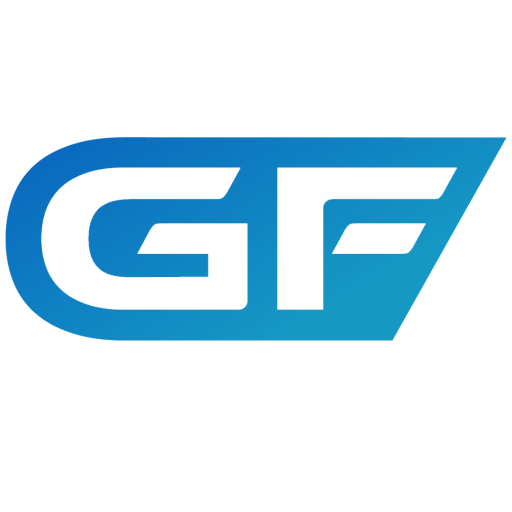Mark Zuckerberg hat wieder zugeschlagen. Nach dem Kauf von WhatsApp folgt nun schon die nächste Übernahme.
Die Überraschung war Groß, als Facebook letzte Nacht bekannt gegeben hat, mit Oculus VR den Hersteller der 3D-Brille Oculus Rift aufgekauft zu haben. Kosten hat man sich das ganze 2 Milliarden US-Dollar. Laut Zuckerberg soll Oculus VR, ähnlich wie es bei der Übernahme von WhatsApp kommuniziert wurde, weiterhin unabhängig bleiben.
Der Facebook-CEO sieht in der Virtual-Reality-Technologie die Kommunikationsplattform von morgen. Somit soll die Brille in Zukunft auch einen nutzen im Bereich Medien, Unterhaltung und Bildungswesen mit sich bringen. Ob seine Visionen in Erfüllung gehen bleibt abzuwarten.
Kurz nach der Bekanntgabe, meldete sich auch Minecraft-Erfinder Markus (Notch) Persson über Twitter zu Wort, der nicht so begeistert von der Übernahme seitens Facebook gewesen ist. Laut ihm war eine angepasste Version des beliebten Klötzchen-Spiels für das VR-Headset geplant. Diese wird nun aber leider nicht mehr das Licht der Welt erblicken. Notch hat den Deal wieder rückgängig gemacht.
We were in talks about maybe bringing a version of Minecraft to Oculus. I just cancelled that deal. Facebook creeps me out.
— Markus Persson (@notch) 25. März 2014
Ausführlicher begründetet er seine Entscheidung hinterher noch auf seinem Blog:
Of course, [Oculus] wanted Minecraft. I said that it doesn’t really fit the platform, since it’s very motion based, runs on java (that has a hard time delivering rock solid 90 fps, especially since the players build their own potentially hugely complex levels), and relies a lot on GUI. But perhaps it would be cool to do a slimmed down version of Minecraft for the Oculus. Something free, similar to the Minecraft PI Edition, perhaps? So I suggested that, and our people started talking to their people to see if something could be done.
And then, not two weeks later, Facebook buys them.
Facebook is not a company of grass-roots tech enthusiasts. Facebook is not a game tech company. Facebook has a history of caring about building user numbers, and nothing but building user numbers. People have made games for Facebook platforms before, and while it worked great for a while, they were stuck in a very unfortunate position when Facebook eventually changed the platform to better fit the social experience they were trying to build.
Don’t get me wrong, VR is not bad for social. In fact, I think social could become one of the biggest applications of VR. Being able to sit in a virtual living room and see your friend’s avatar? Business meetings? Virtual cinemas where you feel like you’re actually watching the movie with your friend who is seven time zones away?
But I don’t want to work with social, I want to work with games.
Fortunately, the rise of Oculus coincided with competitors emerging. None of them are perfect, but competition is a very good thing. If this means there will be more competition, and VR keeps getting better, I am going to be a very happy boy. I definitely want to be a part of VR, but I will not work with Facebook. Their motives are too unclear and shifting, and they haven’t historically been a stable platform. There’s nothing about their history that makes me trust them, and that makes them seem creepy to me.
And I did not chip in ten grand to seed a first investment round to build value for a Facebook acquisition.
I have the greatest respect for the talented engineers and developers at Oculus. It’s been a long time since I met a more dedicated and talented group of people. I understand this is purely a business deal, and I’d like to congratulate both Facebook and the Oculus owners. But this is where we part ways.
Es wird sich zeigen müssen welche Auswirkungen der Kauf mit sich ziehen wird. Noch gibt es keinen Grund zur Sorge. Mit dem Kapital von Facebook lässt sich die Entwicklung und Veröffentlichung von Oculus Rift vielleicht etwas beschleunigen.


